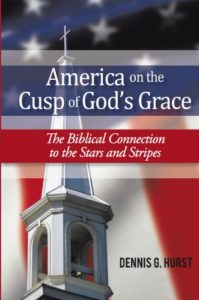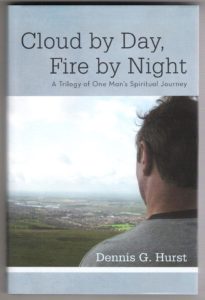Tags
Conservatism, Constitutional Republic, Everlasting, Experience, Family, Freedom, Genealogy, God, Henry Mancini, Jesus Christ, Johnny Mercer, Lessons, Liberty, Life, Moon River, Posterity, Teaching, United States, Wisdom
Share it
But Hepburn was not a trained singer and initially Paramount film-makers thought they would need to dub somebody else’s voice. But the composer Henry Mancini persevered in composing something she could manage.
“Henry was at home one night and we were watching Funny Face in which Audrey Hepburn sings How Long Has This Been Going On,” recalls Mancini’s widow Ginny.
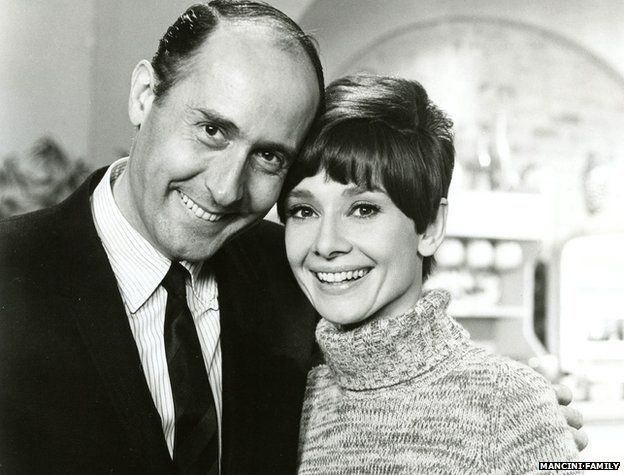
“He went to the piano and started playing it, and knew she could sing something in that range.
“It took him about a month and a half before he put down the first three notes. It sounded promising and in half an hour he had written the melody of Moon River.”
Mancini asked Johnny Mercer to write the lyrics. But much of the film’s musical score, including Moon River, was never written down during the editing process.
Now, after months of careful restoration, audiences will be able to hear it performed for the first time during a special screening at London’s Royal Albert Hall this week.
What’s more, a demo tape recorded by Mancini and Mercer has been released to the BBC by the Mancini family. It has not been made public before.
Mercer wrote three sets of lyrics, his favourite version inspired by the full moon over a river near his childhood home in Savannah, Georgia, says Ginny Mancini. “Many songwriting teams sit down together and work out a strategy for a song, a way it’s supposed to go. Henry and Johnny never sat down together. They discussed what it should be and what the lyric had to say, but once Henry had the melody nailed, he would just send it to Mercer.” Mancini was rehearsing for a benefit concert at the Beverly Wilshire Hotel in Los Angeles when Mercer turned up with lyrics in hand.
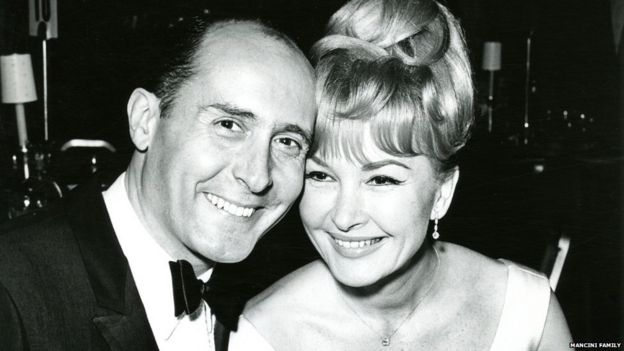
“They sat down in the empty ballroom and Henry played Moon River while Johnny sang the lyrics. Johnny was a wonderful singer and I loved to hear him sing. They were two of the best,” Mrs Mancini recalled. Shortly after that they recorded a demo for the studio and, as Ginny Mancini put it, the song was a “slam dunk”.
But Moon River was almost cut from the final edit because the first screening of Breakfast at Tiffany’s was too long.
“As legend has it the head of the studio said, ‘We’ll just cut the song’. I saw Henry go pale. We were all stunned, totally stunned. We were quiet for a minute or two and then there was a barrage of reasons why it should stay in the film and cuts should be made in other areas.”
Audrey Hepburn herself intervened and in the end, Moon River remained, earning Mancini and Mercer an Oscar in 1961 for best original song and today ranking fourth in the American Film Institute’s list of top film songs.
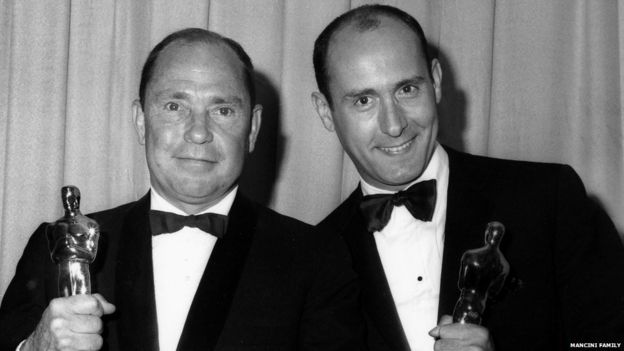
But in spite of its popular success, Moon River was not Mancini’s favourite composition. “That’s not to say he didn’t love it – but Two for the Road was his favourite,” says Mancini.
On 12 June, Moon River was sung by Henry and Ginny Mancini’s daughter, Monica, in a world premiere at the Royal Albert Hall. The performance by the Philharmonia Film Orchestra and the Philharmonia Chorus will be conducted by Justin Freer, who restored the musical soundtrack.
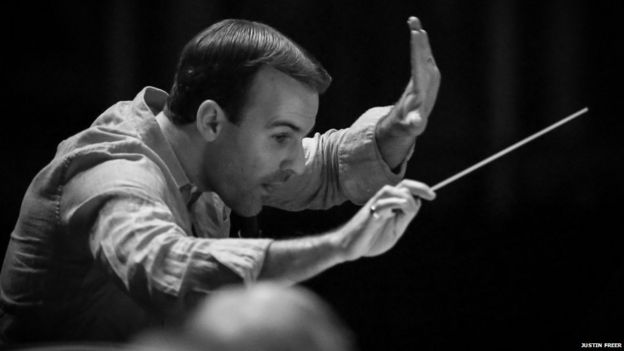
“Henry was so well versed in jazz that sometimes in his scores he would just write ‘Latin percussion rhythms.’ Instead of writing out the rhythms, he would just write the words,” Freer says.
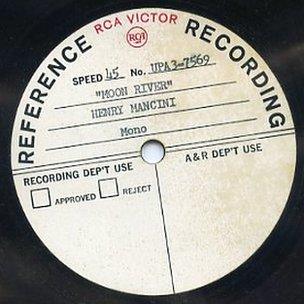
“He basically composed on the spot, telling people what to play, how to voice things, what rhythms they should play. And a lot of that was never recorded physically by hand or on paper.
“So I had to transcribe it all, figure out what the orchestrations were, voicing, basically creating a new version of the score that didn’t exist because the original notation didn’t match what was ultimately recorded.”
Freer has restored other movie soundtracks including The Godfather and Gladiator, and he’s currently working on It’s a Wonderful Life.
But Breakfast at Tiffany’s has a particular significance because he trained at the Henry Mancini Institute, a college for gifted musicians.
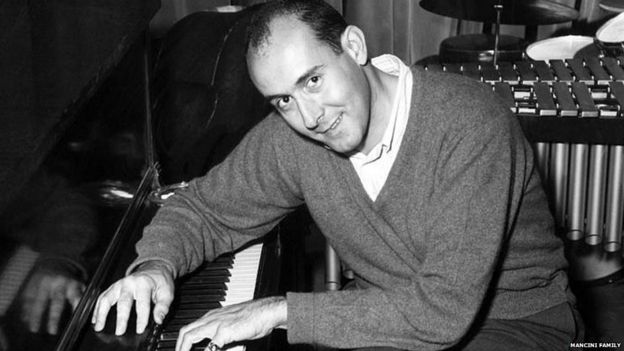
“It’s very much a full circle,” he says. “The Mancinis have been so supportive of me since many years ago and we are now able to present what is easily Henry’s most well-known score. It’s very special.”
“Henry would be so pleased,” says Mrs Mancini. “I guess the scholarship paid off.”

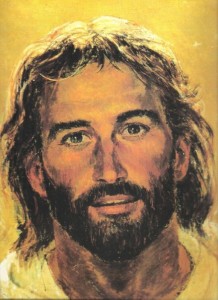
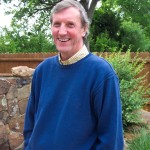 Link To DennisGHurst.com
Link To DennisGHurst.com